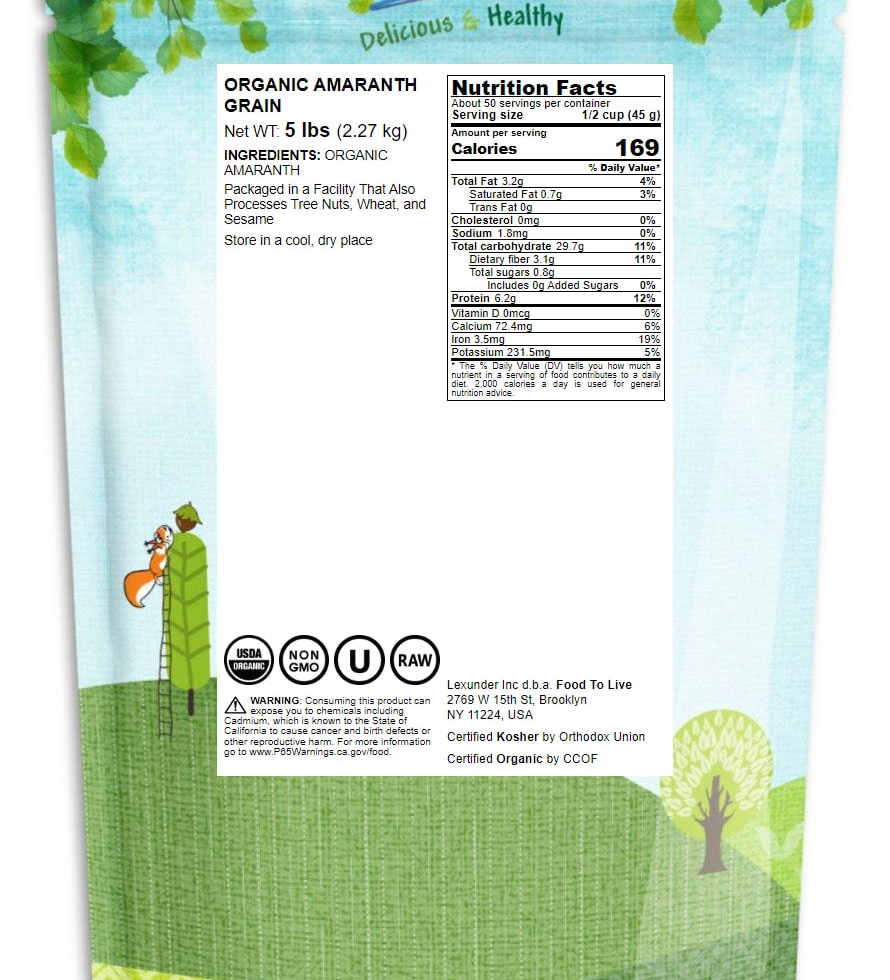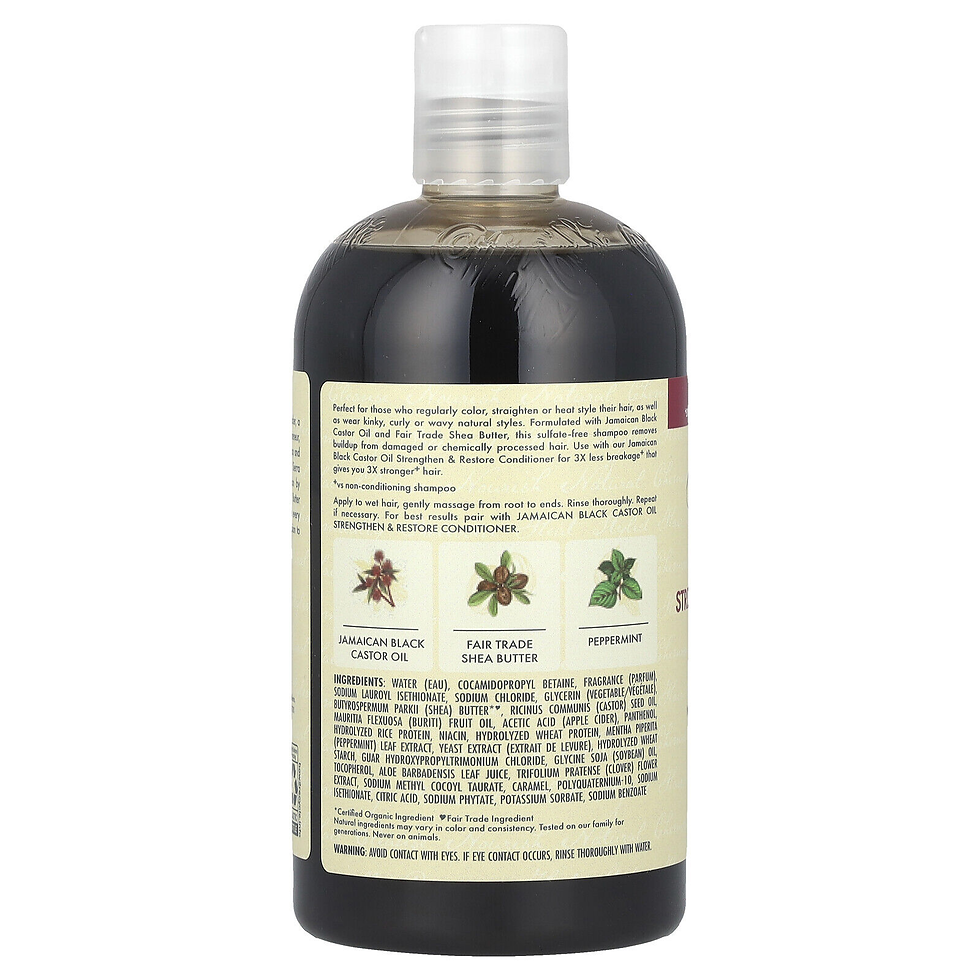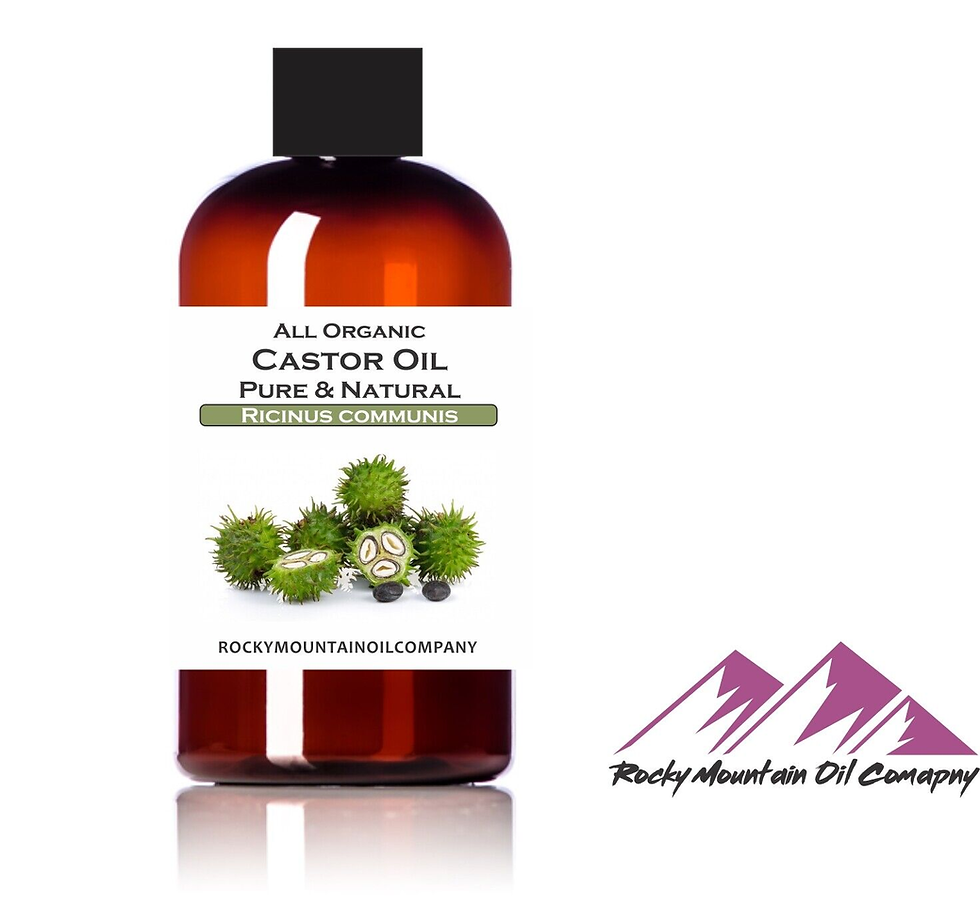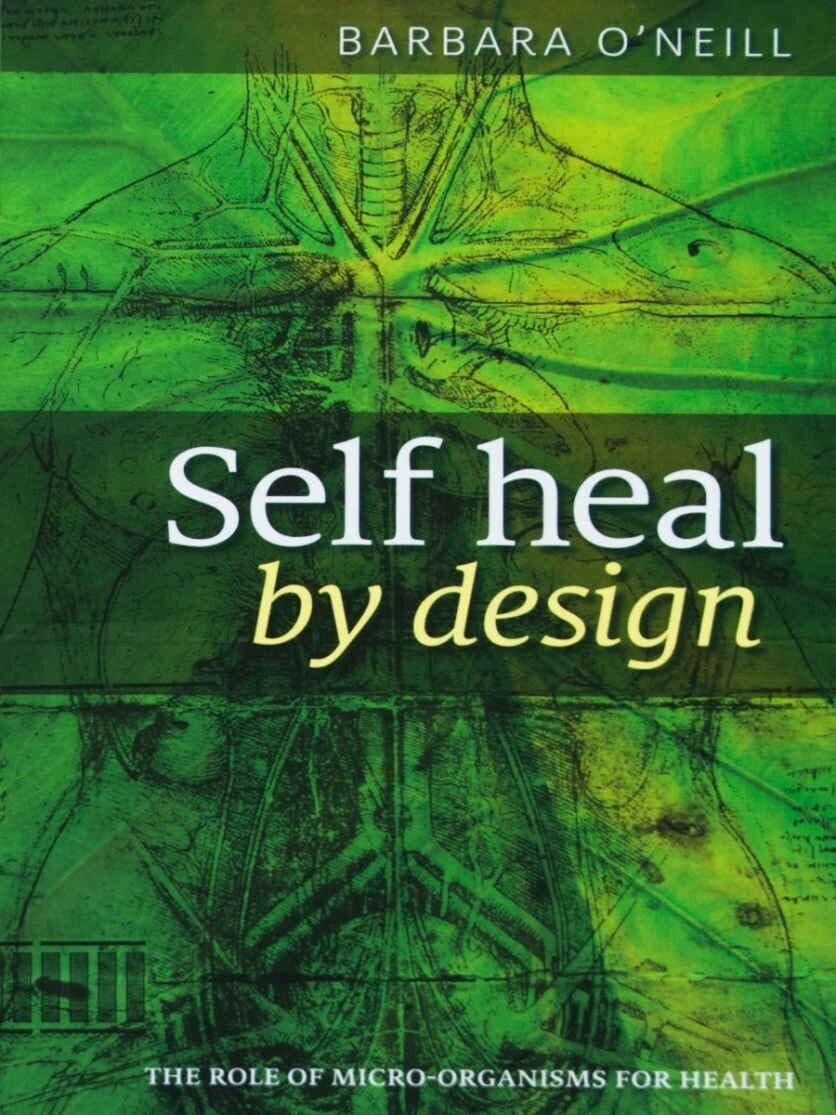Organic Amaranth Seeds - Non-Gmo, Kosher, Raw, Vegan - by Food to Live
Desde
17,83AU$
eBay


Organic Amaranth Grain - Whole Seeds, Non-GMO, Kosher, Vegan - by Food to Live
- Certified Organic by A Bee Organic
- Certified Kosher by Union of Orthodox Jewish Congregations of America
- Suitable for Vegetarians
- Suitable for Vegans
- Non-GMO
About the product:
- ✔️ORGANIC & NON-GMO: Amaranth Seeds by Food to Live are Organic and Non-GMO. Moreover, they are Kosher, Raw, and suitable for vegans and vegetarians.
- ✔️WHOLE AMARANTH SEEDS: These seeds are 100% Whole Organic Amaranth, which preserve all the seeds’ parts along with their original nutrients.
- ✔️HIGHLY NUTRITIOUS, RICH IN PROTEIN & CALCIUM: Organic Whole Grain Amaranth is high in Manganese, Calcium, Phosphorus, Magnesium, Zinc, and Iron. It also contains antioxidants, Vitamin B6, Vitamin B5, and Folate.
- ✔️SUPER VERSATILE, PERFECT TO MAKE FLOUR: Once cooked, Organic Amaranth Seeds taste sweet and nutty with a bit of a chewy texture. It can be added to salads, soups, and stews, as well as blended into smoothies for a nutty flavor. Moreover, you can mill these seeds to make Amaranth Flour and use it for baking bread and cookies.
- ✔️GREAT ALTERNATIVE TO RICE & QUINOA: Prepare and serve amaranth porridge as you would any other whole grain cereal. It cooks for 20 minutes and can replace your usual rice and quinoa.
Product description:
What Is Amaranth?
Native to the exotic tropical lands of South America, the amaranth plant has become quite well known on the US food market in the recent years. It’s definitely a great thing as this grain is very valuable nutrition-wise and offers a variety of benefits for any diet.
Food To Live Organic Amaranth is grown by environmentally-conscious farmers and processed at a top-notch organic certified facility. We make our products with love and care so that you and your family can enjoy adding them to a healthy diet.
Organic Amaranth is best bought in bulk as it keeps well and has a great many culinary uses that you can enjoy exploring.
Tumulus History of the Amaranth Grain
The cultivation of amaranth plants dates back for over eight millennia. These seeds were revered by the Ancient Aztecs and used in several of their religious practices. Considering its cultural significance as well as the numerous health benefits of amaranth, it can be surprising to see that this grain has fallen to obscurity and turned into a weed for quite a few centuries.
Spanish conquistadores were the reason of that. In their relentless fight with the native cultures of South America, they literally banned cultivation of amaranth plants because of their role in the spiritual practices of the Aztecs. However, even this couldn’t destroy the precious plant completely and it has continued to grow as a weed.
The search for healthy foods conducted by contemporary scientists has brought amaranth seeds back into the spotlight in the 1970s. As this return is rather recent, it’s quite understandable that this new grain is still fighting to win its place in the healthy foods market.
It’s quite interesting to know that such a tragic history did have an unexpected benefit for the amaranth plant. Due to the lack of cultivation, its genetic makeup has remained almost unchanged. This means that the amaranth grain of today is as nutritious as it used to be 8,000 years ago, which cannot be said about the majority of other cultivars.
Is Amaranth Really a Grain?
No, botanically speaking amaranth isn’t a grain, although it’s classified as such for the purpose of convenience. Like buckwheat, amaranth is considered a pseudo-grain, which gives it a few advantages. The most important of them is the fact that it’s easier for the body to digest, so you get more nutritional benefits from a serving of amaranth than you would from a similar serving of wheat or other actual grains.
As a plant, amaranth is closer to cacti and beets than it is to grains. Amaranth flowers and greens are even used for making some dishes in Central America. Although, those uses have yet to become popular in the US.
Considering these facts, amaranth can even be included in the famous Paleo diet. Although, even pseudo-grains should be limited in that meal plan.
Health Benefits of Amaranth Seeds
Amaranth grain is extraordinary in every way, and the overall total of its benefits is a definite proof





















































































































